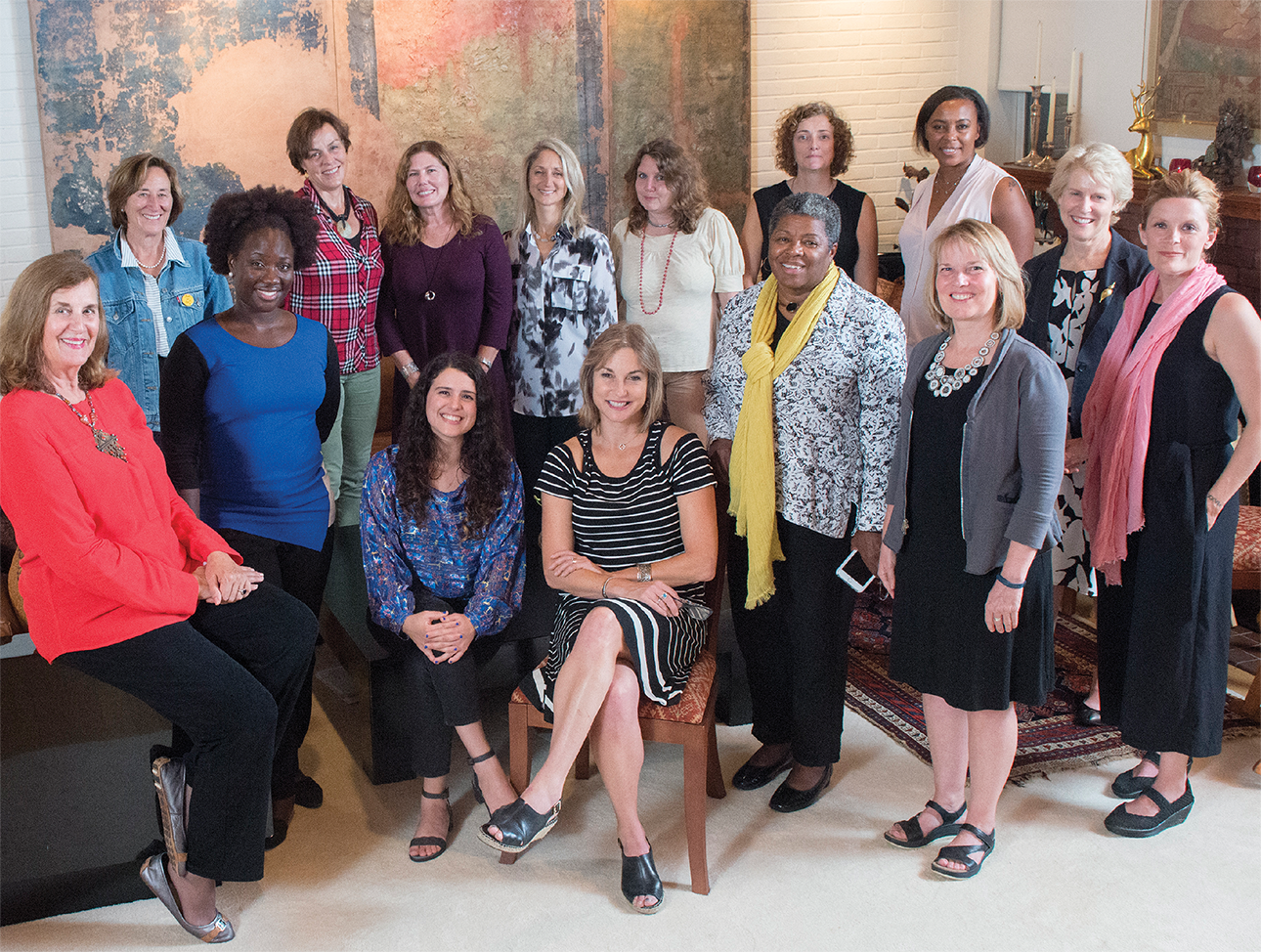“I literally joined that day,” says Emily Nielsen Jones about first learning of New England International Donors, a learning network of internationally focused philanthropists, family foundations and social investors. NEID was developed and nurtured by The Philanthropic Initiative (TPI), a distinct operating unit of the Boston Foundation and a pioneer in the field of strategic philanthropy. Today NEID is an independent initiative of TPI and the Boston Foundation.
Emily Nielsen Jones believes that “change happens through a network of relationships.” And so, when she heard about New England International Donors (NEID), a dynamic and growing learning network for globally focused donors at The Philanthropic Initiative, she didn’t hesitate to join.
In 2009, she and her husband, Ross Jones, cofounded their family foundation, the Imago Dei Fund, which began by giving globally, but now also funds locally.
Early in her development as a philanthropist, Jones visited Cambodia and learned more about the issue of human trafficking.
“I realized that it’s no accident women and girls are primarily affected by trafficking,” she says. “My learning curve around the condition of girls and women’s lives happened very quickly after that.” As a result, she has helped the fund adopt a “gender lens” for much of its grant making.
When the idea of a Giving Circle on Women and Girls emerged through conversations among NEID members, driven by NEID cofounder Karen Ansara, Jones was naturally attracted to the idea. Giving circles have been a phenomenon in philanthropy for some time, but they can be challenging because the group’s members have to agree about the grants made. At a fall meeting of the Giving Circle, its members were poised to decide on their first grants. All of them agreed that the process of arriving at that point has been remarkably smooth. Jones credits NEID staff Ina Breuer and Odette Ponce. “The desire to collaborate is very hard to achieve without some support—and for sustained collaboration, you need an infrastructure. That’s what NEID has given us.”



